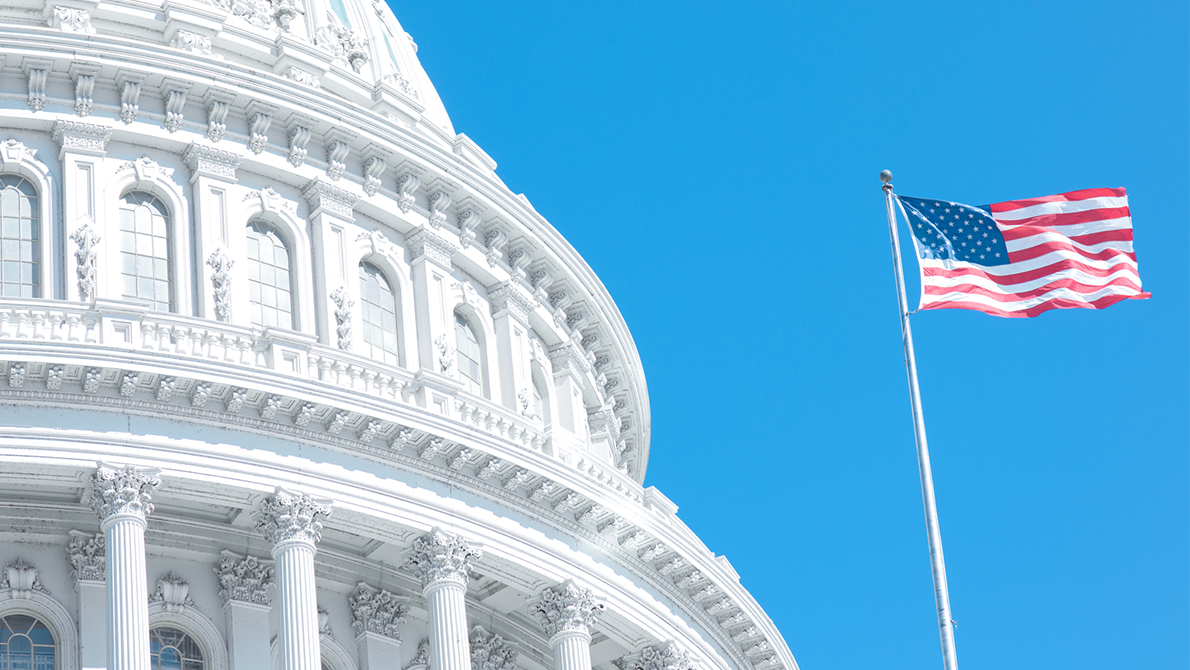US: CAP objects to new rules implementing No Surprises Act

- The CAP strongly opposes new federal regulations that give insurance companies the upper hand during what should be an impartial independent dispute resolution.
WASHINGTON – The College of American Pathologists (CAP) strongly opposes new federal regulations that give insurance companies the upper hand during what should be an impartial independent dispute resolution (IDR) process as set in the No Surprises Act. The interim final rule for the IDR process, released on September 30, disregards Congress’s intentions of creating a fair system where physicians and health insurers can resolve disputes without one single factor having more weight than another.
Congress passed the No Surprises Act in December 2020. The final legislation included several provisions the CAP adamantly pushed for, such as holding patients financially harmless, fair reimbursement for care, and efforts to address network adequacy standards. Congress established a balanced IDR process to ensure physicians are paid appropriately for the services they provide.
“The new rules to implement the No Surprises Act ignore congressional intent,” said CAP President Emily E. Volk, MD, FCAP. “Congress was quite clear that to ensure an equitable and balanced system to resolve disputes no single factor should be given preference over others. However, the new rules will favor payment rates developed by insurance companies, which will only exacerbate ongoing health plan manipulation and disincentivize insurers from offering fair contracts to physicians caring for patients.”
In the regulations effective January 1, 2022, the Centers for Medicare & Medicaid Services (CMS) stated that when making a payment determination, certified IDR entities must begin with the presumption that the insurer’s initial qualifying payment amount for an out-of-network service is the appropriate amount. For an IDR entity to deviate from the offer closest to that qualified payment amount any information submitted must demonstrate that the value of the service is materially different.
However, the No Surprises Act states that an impartial IDR entity must equally consider many factors, such as training and quality outcomes, patient acuity or complexity of services, and prior contract history between the two parties over the previous four years.
The CAP will remain engaged with the CMS to address the regulations and ensure they follow the statute.
About the College of American Pathologists
As the world’s largest organization of board-certified pathologists and leading provider of laboratory accreditation and proficiency testing programs, the College of American Pathologists (CAP) serves patients, pathologists, and the public by fostering and advocating excellence in the practice of pathology and laboratory medicine worldwide. As a 501(c)(6) membership organization, the CAP is the only entity representing pathologists with unrestricted advocacy capability and a political action committee, PathPAC. For more information, visit yourpathologist.org to watch pathologists at work and see the stories of the patients who trust them with their care. Read the CAP Annual Report





